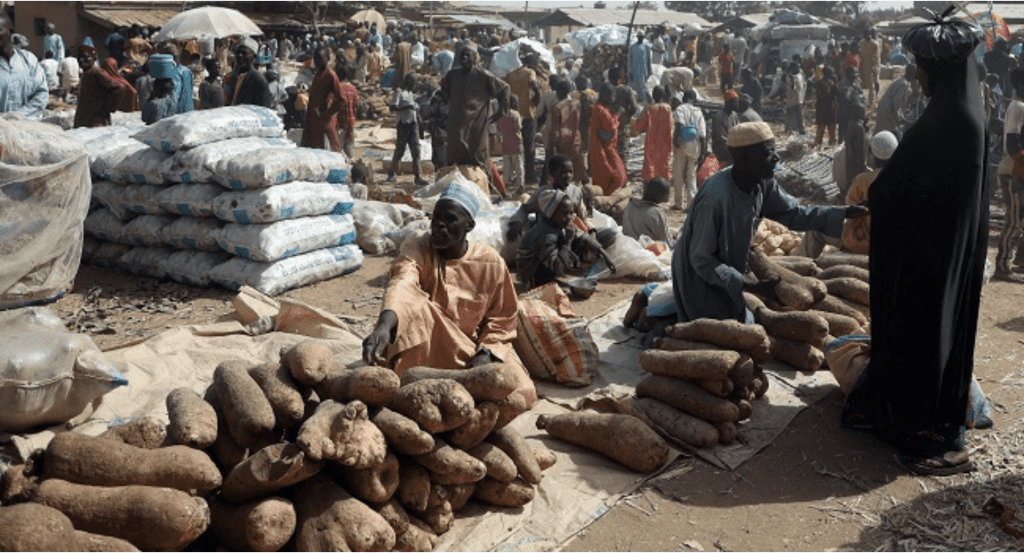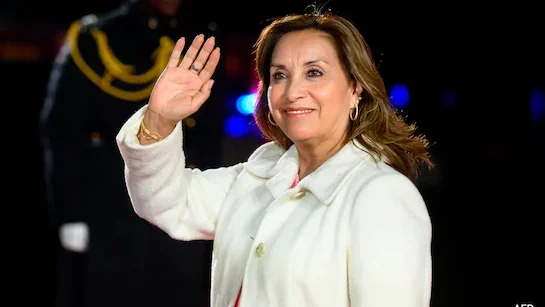Despite recent reports of a decline in Nigeria’s inflation rate, economic experts have cautioned that the reduction does not necessarily translate to lower prices for consumers. The warning comes as food prices and other essential goods remain high, continuing to strain household budgets across the country.
According to data from the National Bureau of Statistics (NBS), Nigeria’s inflation rate has shown signs of slowing down due to a rebasing of inflation calculations. However, financial analysts argue that this statistical adjustment does not equate to an immediate drop in the cost of goods and services. Many essential commodities, especially food items, remain expensive, leaving consumers skeptical about the real impact of the reported inflation decline.
Economic analyst Bismarck Rewane noted that while a lower inflation rate signals a slowdown in the rate of price increases, it does not mean that prices will fall. Instead, it only suggests that prices are rising at a slower pace than before. He emphasized that the average Nigerian is still facing significant financial pressure due to persistently high costs of food, transportation, and rent.
Amid these concerns, some experts have called on the Central Bank of Nigeria (CBN) to consider lowering interest rates to ease borrowing costs and stimulate economic growth. Economist Tope Fasua argued that maintaining high interest rates in the face of declining inflation could slow down investment and reduce consumer spending power. He suggested that a rate cut would encourage businesses to expand, create jobs, and ultimately drive economic recovery.
However, other analysts warn that lowering interest rates too quickly could weaken investor confidence and put pressure on the naira. Financial expert Jide Alaje noted that while the rebased inflation figures might be favorable for investors, particularly in the equities market, they do not necessarily improve the purchasing power of everyday Nigerians. He stressed that government policies must focus on stabilizing the economy beyond statistical adjustments.
The Nigerian government has assured the public that efforts are ongoing to address the high cost of living. Policies aimed at increasing food production, improving transportation infrastructure, and stabilizing the foreign exchange market are expected to help ease price pressures in the long run.
For now, many Nigerians remain cautious, as the reported inflation decline has yet to reflect in their daily expenses.























